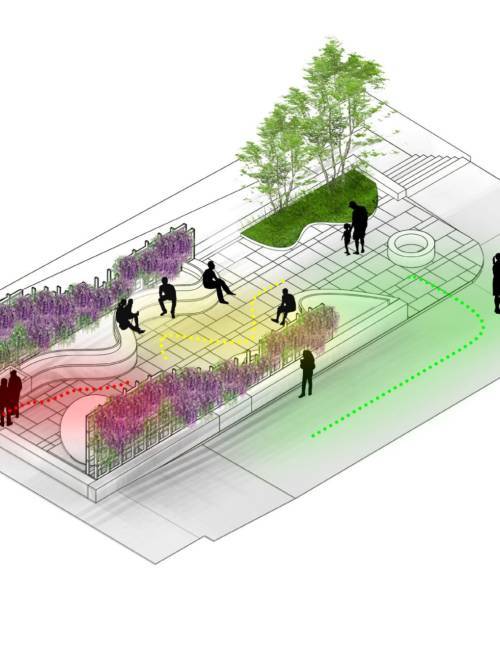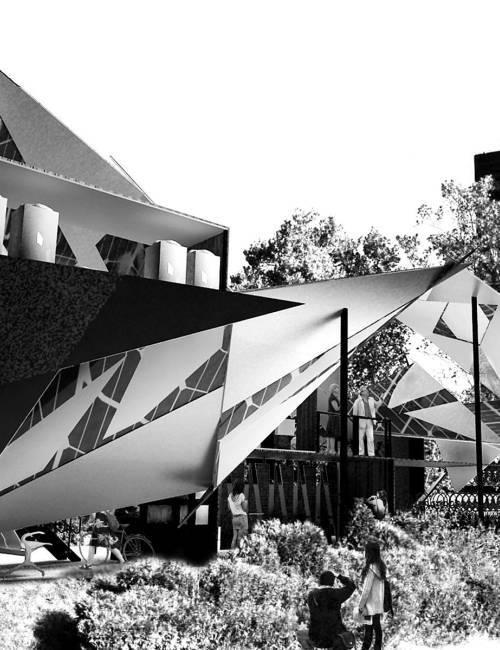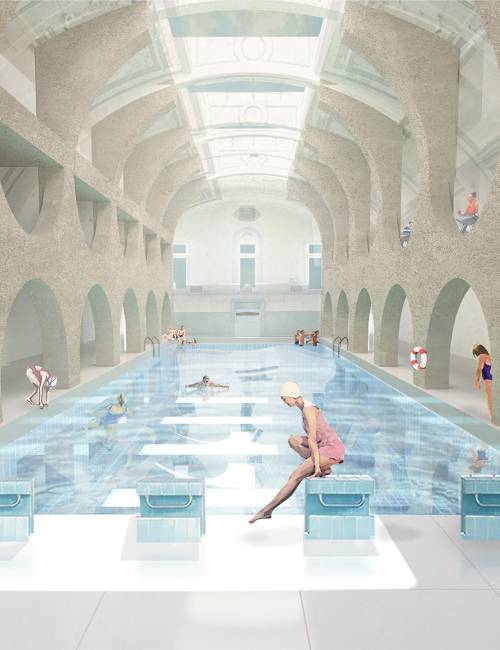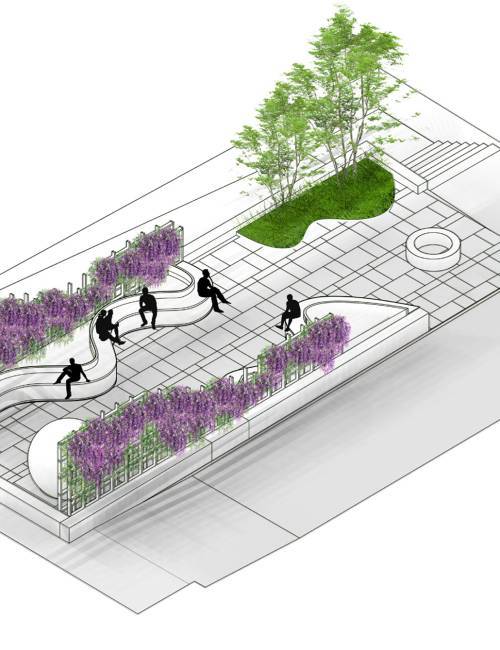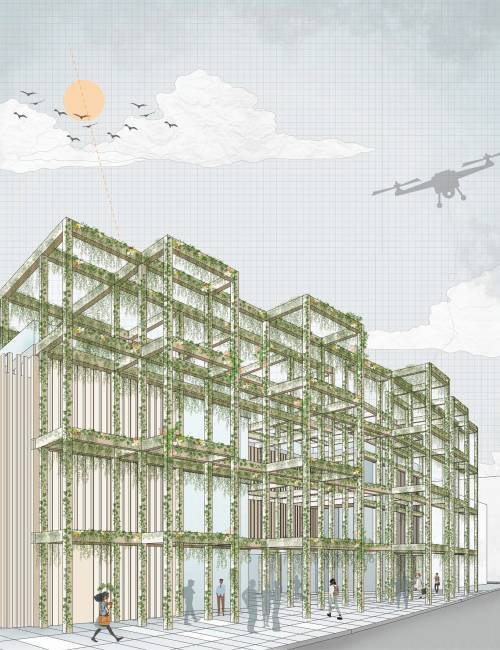BA (Hons) Architecture with Integrated Foundation Year
Apply now:
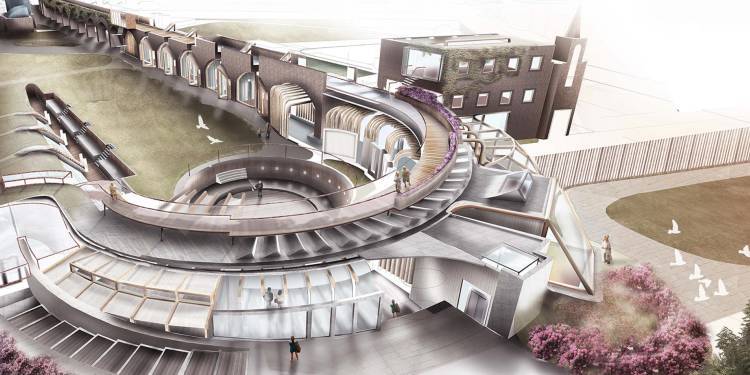
Currently reading: Course Overview
Course overview
-
Starts: Sept 2026
-
Duration: 4 years (with Integrated Foundation Year)
-
Mode: Full time
-
UCAS code: K101
-
Fees: UK: £9,535 (2025/26) / International: £17,000 (2025/26)
Build the foundations for your future.
If you have an interest in architecture, this then course could be for you.
The course will enhance both your academic and technical skills in architecture and provide you with the opportunity to pursue a career as a practicing architect.
You will be encouraged to discover your own pathway in the architecture and spatial design sector. For this reason, there are a series of modules that are shared and taught by professionals with expertise in the different areas.
Why study this course?
During this course, you will look at the principles of architecture and spatial design.
Specifically, you will:
- Study in multidisciplinary studios
- Work collaboratively with students
- Develop skills in the design of buildings and innovative spaces
- Explore the principles of architecture and spatial design
- Gain invaluable insights into industry
- Develop practical design knowledge through project work
- Learn from experienced staff and industry experts
- Develop knowledge of both historical and contemporary practices.
You’ll have the opportunity to explore the functional, expressive and social impact of new construction technology and explore the way in which the environment can influence society, culture and the economy.
Professional accreditation: ARB / RIBA
This 4-year degree is currently validated by the Royal Institute of British Architects (RIBA), providing exemption for RIBA Part 1 examination. Graduates of this course will no longer be accredited by the Architects Registration Board (ARB) at Part 1 level. ARB has revised its requirements and will no longer prescribe undergraduate qualifications after December 31, 2027.
Key study topics
The BA (Hons) Architecture with Integrated Foundation Year focuses around three themes:
Sustainability
Encompassing regenerative design, consideration of the environmental, human and ecological impacts of materials and construction, and recognition of the need to design for a changing climate and in ways that mitigate harm and promote care.
Social impact and community
Consciously challenging projects in relation to the social impacts they carry and the positive change they can bring.
Building an understanding of our individual power and responsibility to be a force for good, while taking care of our own community of learners, educators and collaborators.
Interdisciplinary practice
We believe the future of cities requires designers who have a breadth of understanding across scales and who can interweave a range of ideas and interests in collaboration and co-creation with other disciplines.
Our courses, students and educators share common ground across the spatial and built environment, finding richness in the cross-pollination between their own specialisms.
During the course you will specifically focus on:
- Architectural form-making
- Sustainability principles in the built environment
- Parametric and computer-generated design
- Techniques for designing structures
- Rapid prototyping
- Architectural history
- Theory and context
- Business enterprise for design
- Regulatory frameworks
- New developments in urban design
- New developments in global architecture



